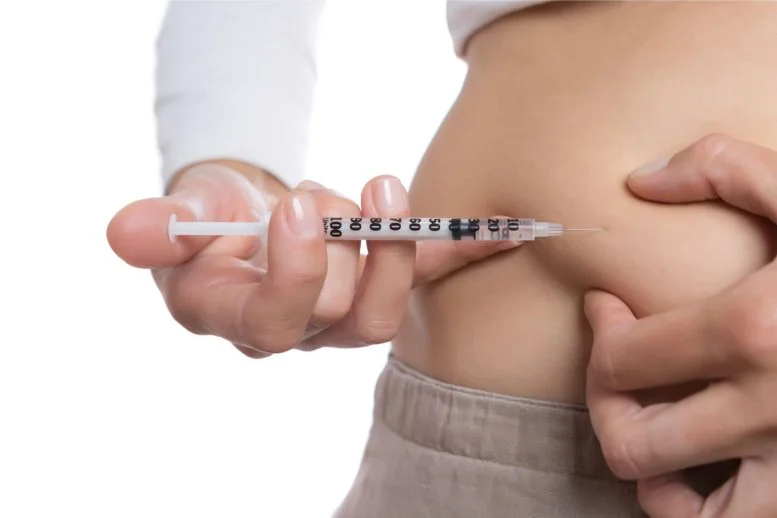14 October 2024 – A groundbreaking study presented at UEG Week 2024 reveals a promising new treatment for Type 2 diabetes (T2D) that could significantly reduce or eliminate the need for insulin therapy in the majority of patients. The combination of ReCET (Re-Cellularization via Electroporation Therapy) and semaglutide has shown remarkable results, with 86% of participants no longer requiring insulin therapy following treatment.
A New Hope for T2D Patients
T2D affects over 422 million people worldwide, with obesity being a major risk factor. Insulin therapy, while commonly used to manage the disease, can lead to unwanted side effects such as weight gain, complicating diabetes management further. Researchers have been searching for more effective treatment options that target the underlying causes of T2D, rather than just controlling symptoms. This new therapy offers a potential breakthrough.
Study Design and Key Outcomes
The study, which is the first of its kind, involved 14 participants between the ages of 28 and 75, all with varying body mass indices (BMI) ranging from 24 to 40 kg/m². Participants underwent the ReCET procedure, which aims to enhance the body’s natural insulin sensitivity. This was followed by a two-week liquid diet and the gradual introduction of semaglutide, a widely-used medication that regulates blood sugar levels.
Results were highly encouraging. At both the 6- and 12-month follow-ups, 86% of participants (12 out of 14) were no longer dependent on insulin therapy. These patients continued to maintain healthy blood sugar levels, with HbA1c values remaining below 7.5%. The success of the treatment persisted through 24 months, highlighting its potential as a long-term solution for T2D management.
Safety and Tolerability
The treatment regimen proved safe and well-tolerated. Semaglutide was successfully titrated to the maximum dose of 1 mg per week in 93% of participants, with only one patient experiencing mild nausea that prevented reaching the full dose. Importantly, no serious adverse effects were reported, and all patients were able to complete the ReCET procedure without complications.
Lead researcher Dr. Celine Busch expressed optimism about the future of this therapy, stating, “These findings are very encouraging, suggesting that ReCET is a safe and feasible procedure that, when combined with semaglutide, can effectively eliminate the need for insulin therapy.”
A Compliance-Free Treatment
One of the unique advantages of this treatment approach is that, unlike traditional drug therapies requiring daily adherence, ReCET is a compliance-free procedure. It modifies the patient’s sensitivity to their own insulin, addressing the root cause of the disease rather than simply controlling symptoms.
Dr. Busch noted, “ReCET has the potential to change the way we approach T2D treatment by improving patients’ endogenous insulin sensitivity, ultimately leading to better, long-term disease management.”
Future Research and Trials
The research team is already planning larger trials to further validate these promising results. The ongoing EMINENT-2 trial will compare ReCET with a sham procedure, along with mechanistic studies to better understand the therapy’s underlying mechanisms.
As more research unfolds, this innovative combination therapy could offer millions of people living with T2D a new way to manage their condition, drastically reducing their reliance on insulin and potentially transforming diabetes care on a global scale.
Reference
Durable effects of duodenal ablation using electroporation combined with semaglutide to eliminate insulin therapy in patients with type-2 diabetes; the 24-month results. C.B.E Busch et al., UEG Week 2024.











